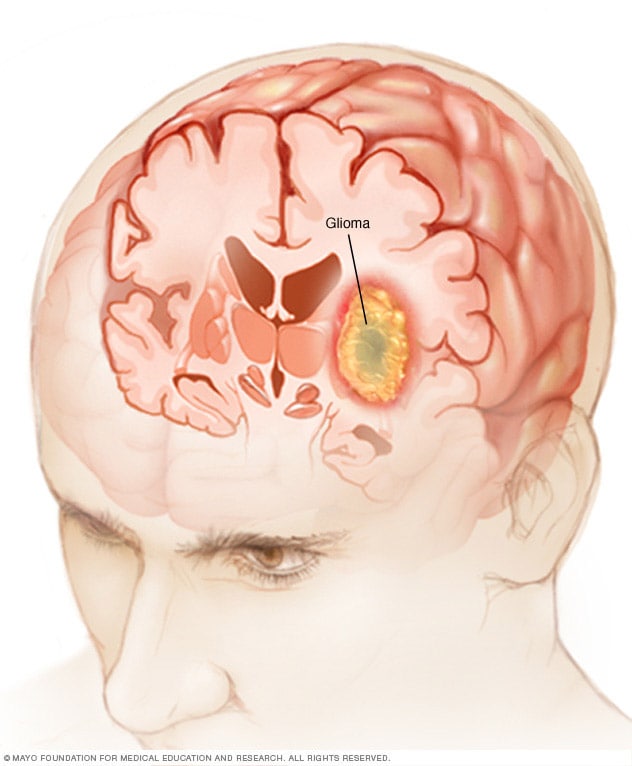The Link Between Asthma and Brain Tumours
"Of course, we're not going to start inducing asthma in anyone; asthma can be a lethal disease. But what if we could trick the T cells into thinking they're asthma T cells when they enter the brain, so they no longer support brain tumour formation and growth?""These findings open the door to new kinds of therapies targeting T cells and their interactions with cells in the brain.""The most exciting part of this is that it shows that there is a normal communication between T cells in the body and the cells in the brain that support optic pathway glioma formation and growth.""The next step for us is to see whether this is also true for other kinds of brain tumours. We're also investigating the role of eczema and early-childhood infections, because they both involve T cells."David Gutmann, researcher, expert on neurofibromatosis, professor of genetics, of neurosurgery and paediatrics, Washington University School of Medicine, St.Louis
 |
| (bobex73 - stock.adobe.com) |
Insatiable curiosity teamed with the methodology and collaboration between inquisitive scientific minds often represent the emerging blueprint for discovery of new potential therapies in solving human ills that often threaten lives. Researchers at Washington University School of Medicine in St.Louis discovered that when mice develop asthma, their T cells activate in such a manner that induces inflammation in the lungs, yet prevents growth of tumours in the brain.
In essence, the research team may just have happened upon a new method of designing a response to brain tumors after discovering just why it is that the peculiar and unproven previously-known connection between asthma sufferers being less likely than others to go on to develop this insidious form of cancer. Published in the journal Nature Communications, the study explored the relationship, mysterious as it is, between inflammation diseases and brain tumours.
These two conditions so very different from one another, long puzzled the medical community in a possible connection, despite which new research has led to the discovery that T cells in the body may hold the answer to a question that has long mystified scientists. When mice develop asthma, their T cells activate to induce inflammation in the lungs, an effect that also has the effect of preventing growth of tumours in the brain.
It was first postulated 15 years ago that inflammatory diseases have a relation to reduced risk of brain tumours, based largely on epidemiologic observations. No obvious link presented, however, linking the two conditions, leaving many researchers in doubt that an association actually was present. Dr. Gutmann, senior scientist in the study, noticed an inverse relationship between the two conditions some five years earlier through study of neurofibromatosis; a set of complex genetic disorders leading to the growth of tumours on nerves in the brain and throughout the body.
Uncertain how to link to a connection, more recent research taking place in his laboratory identified the key role that immune cells play in formation of tumours on the optic pathways of children with type 1 NF (neurofibromatosis). A collaboration resulted with Jit Chatterjee, post-doctoral researcher who was in the process of diagnosing the underlying mechanism at work. Dr.Chatterjee exposed mice that were engineered to carry a mutation in the NF1 genes to result in tumours on their optic nerves.
| Glioma |
The protein blocked the activation of immune cells called microglia, that promote tumour growth. "As we understand this communication between T cells and the cells that
promote brain tumors better, we’ll start finding more opportunities to develop clever therapeutics to intervene in the process", explained Dr. Gutmann.
Labels: Asthma, Brain Tumours, Medical Research


0 Comments:
Post a Comment
<< Home